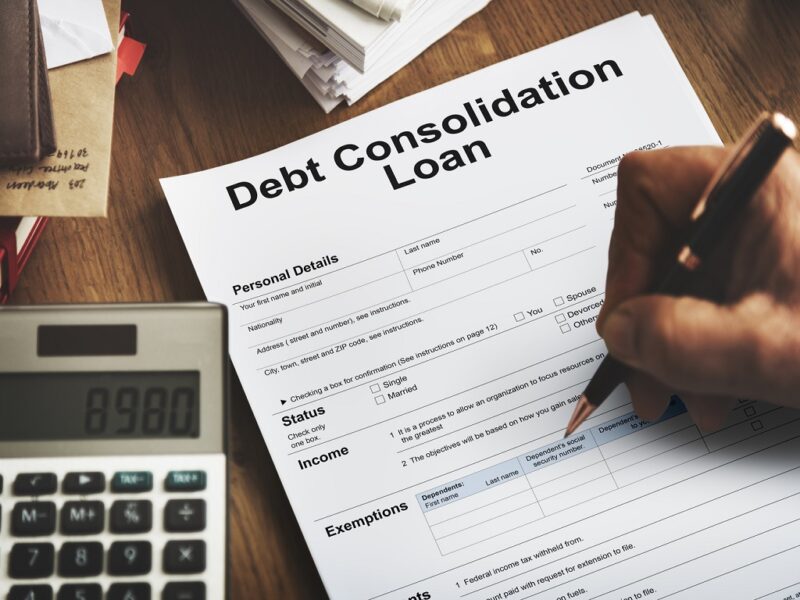
Many people would like to consolidate their debt. While some turn to a payday loan company, others look for smarter ways to consolidate and manage their debts. Whether consolidating your debt is ideal depends on both your personal financial condition and on the type of debt consolidation loan being considered.
Using a Personal Loan to Consolidate Debt
A personal loan is an effective debt-consolidation strategy, allowing you to consolidate all of your debt into a single loan via an interest rate and repayment period that is fixed, which means predictable payments.
With fixed payments, each month, this type of loan makes it possible to free up cash flow by paying less toward debt each month, which can help build your credit score. This gives you an opportunity to start investing toward future goals like starting a business or buying a house.
A personal loan is also a great method to consolidate higher-interest unsecured debt. If you’re having trouble managing your debts, taking out a personal loan can give you financial breathing room and make it easier to pay off your other lenders.
Comparing various interest rates is one of the first steps you should take when considering how to consolidate debt. Another thing to remember is that many personal loans charge origination fees, so if you go down this route, ensure to run the numbers with and without this fee included.
Choosing a Debt Settlement Company to Consolidate Debt
Debt settlement companies specialize in working with consumers who have a high level of accumulated debt. In contrast to credit counseling, the debt settlement companies work directly with your creditors to negotiate a settlement on your behalf.
This allows you to make a single, consolidated payment each month directly to the debt settlement company for all your accounts. Once a negotiated settlement has been reached, the debt settlement company will begin making the appropriate payments to the individual creditors on your behalf in hopes of reducing your total debt.
Having a negative status on your credit report is common when paying off debt with a debt settlement company because your account may be reported as settled or settled in full for less than the full balance. Many collectors and creditors will report this status after evaluating and deciding whether to settle with you for less than what is owed (also called liquidation).





